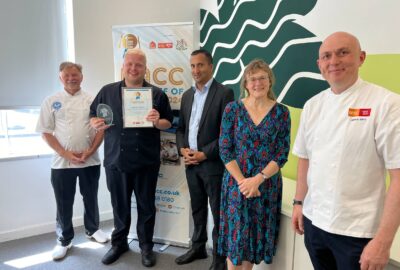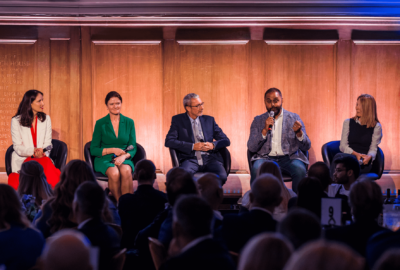Climate change is one of the biggest stories on the news agenda, and with more British and Irish citizens being increasingly aware of their impact on the environment than ever, there has been a rise in the number of businesses trying to become more sustainable and innovative to offset their carbon footprint.
One of the most impacted sectors following the ‘Blue Planet effect’
is the food and agriculture industry, which has seen the biggest shake-up in recent years.
With a recent scientific study claiming that avoiding meat and dairy is ‘the biggest way to reduce your environmental impact’, it’s no surprise that there has been an increase in the number of people choosing an animal-free diet. 45% of consumers agree that restaurants should offer more vegan or vegetarian options and a fifth are in favour of fast-food restaurants serving meatless substitutes.
The research also found that the nation is shunning modified food for a more ‘natural’ diet. Over a third (36%) of those surveyed say they don’t buy food that is genetically modified, and 34% prefer to serve organic and natural foods to their family.
The data also found that one in five (21%) adults are avoiding palm oil, a product known to be a major cause of the devastation of the rainforest and threat to the world’s orangutan population. Meanwhile, nearly half (47%) of respondents say they don’t mind paying more for goods that don’t contain artificial additives.
RESEARCH BY INNOVATION SPECIALIST MPA, CONDUCTED THROUGH YOUGOV PROFILES, FOUND THAT:
one in seven (14%) class themselves as flexitarian
4% vegetarian
3% pescatarian
Although only 1% of the respondents classed themselves as vegan one in 20 say they are likely or somewhat likely to go vegan in next 12 months


